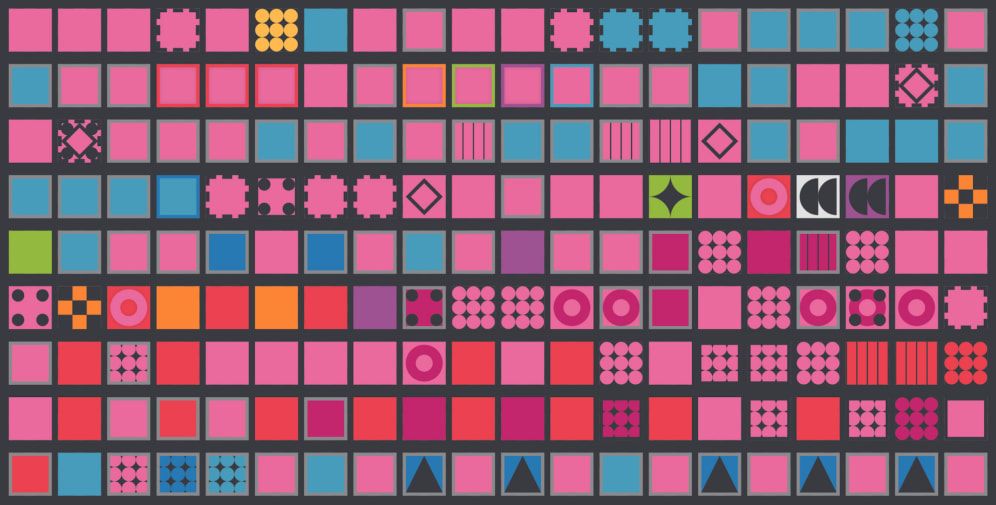DAReS
This project is aiming to develop an inclusive model to advance digital research skills for marginalised arts and humanities researchers.
Funding: The DAReS project is a 12 month project funded by the AHRC (AH/X007510/1) from April 1, 2023 - March 31, 2024.
Project purpose
Digital humanities, data research, arts and humanities, computer sciences and the technology sector have a well known "diversity gap" where women, those who have disclosed a disability, Black, Asian, and minority ethnic groups continue to be disproportionately marginalised and underrepresented (MacDonald 2020;BCS 2021).
Project summary
The DAReS (Digital Arts and Humanities Research Skills) CoLab aims to develop and pilot an inclusive model for advanced data and digital research skills provision for arts and humanities with marginalised researchers at every stage of their career.
The DAReS CoLab prioritises diversity and inclusion as important preconditions for innovation and high quality research, and applies these priorities to digital research skills development and training. This project aims to transform known gaps into opportunities for inclusive practice enabling game-changer solutions, artistic practice, and impactful, high-quality research in arts and humanities.
Project team list
- Zoetanya Sujon, Principal Investigator (London College of Communication)
- Anna Troisi, Co-Investigator (Creative Computing Institute)
- Dr Maitrayee Basu, Co-Investigator (London College of Communication)
- Gauti Sigthorsson, Co-Investigator (Roehampton University)
- Nessa Keddo, Co-Investigator (London College of Communication)
- Bea Wohl, Postdoctoral Research Fellow
- Anna Glarin, Project Coordinator
- Iza Najkowska, Senior IT Support Analyst
Project aims
- To develop an inclusive model grounded in the principles of intersectional pedagogies and co-creation methodologies with marginalised groups and project partners (April-June)
- To create a pilot applying an inclusive model to co-create a digital skills curriculum that will be tested in a data school and hackathon (July-November)
- To build a skills wiki and learning resources with WikiMedia and CoLab participants (December-March)
- To create a network and self-sustaining community of practice for exchange, knowledge building and resource sharing
(July-March)
Project activities:
By focusing on inclusive practice for the arts and humanities, the DAReS project provides an achievable plan for addressing and transforming these gaps into good practice for better research outcomes.
To achieve these aims and the project's objectives, there are 3 phases:
- Phase 1: Building an inclusive model
- Phase 2: Data skills summer school pilot
- Phase 3: Data skills hackathon pilot
Phase 1: Building an inclusive model
Using co-creation methodologies, Phase 1 brings together marginalised and underrepresented arts and humanities researchers with project partners (Wikimedia UK and CRAC/Vitae) to develop an inclusive model for advanced digital research skills provision and competency building.
The project team will run 3 workshops with 30 co-designers from every career stage, examining what inclusion means in arts and humanities, in research, and for digital research skills. Recommendations from this phase will be used to develop an inclusive model informing the digital skills curriculum and data school pilot.
Phase 2: Data skills summer school pilot
Phase 2 applies the inclusive model developed in Phase 1 to the digital research skills curriculum and pilots this in the data school curriculum, including skills for:
- data wrangling
- analytics
- data visualisation
- social network analysis
- computational data analysis.
Following the data school, participants, partners and the team will evaluate the curriculum and pilot experience to provide feedback to each other in a networking event closing Phase 2.
Phase 3: Data skills hackathon pilot
In Phase 3, feedback and observations from Phase 2 will be applied to reiterate the data school digital skills curriculum for a Hackathon, the second pilot.
Led by Wikimedia UK, the Hackathon will bring participants, partners and the project team to co-create a skills wiki and engage in the last iteration of digital skills.
The DAReS project aims to develop an inclusive and scalable digital skills pilot which can inform a regional or national training centre. This project also provides an action plan for strengthening knowledge and understanding of the creative and arts sectors and speaks to cultural challenges of our time.
External partners
- Wikimedia UK, Project Partner
- CRAC / Vitae Careers Research and Advisory Centre and Vitae, Project Partner
Contact
For more information, please get in touch via email: DAReS@lcc.arts.ac.uk

